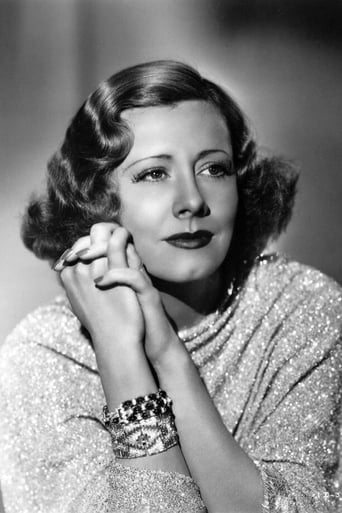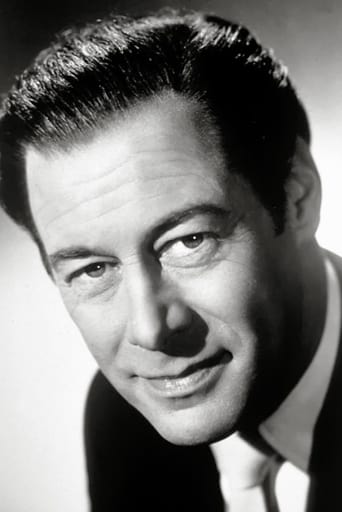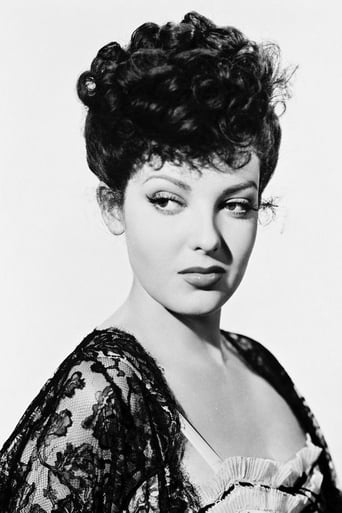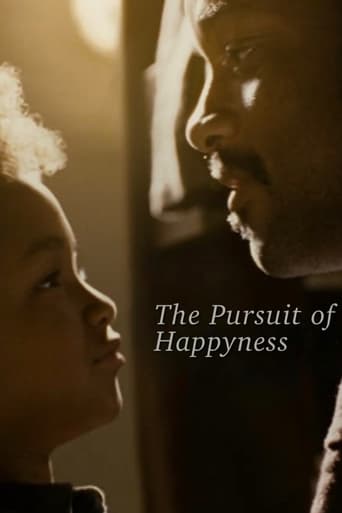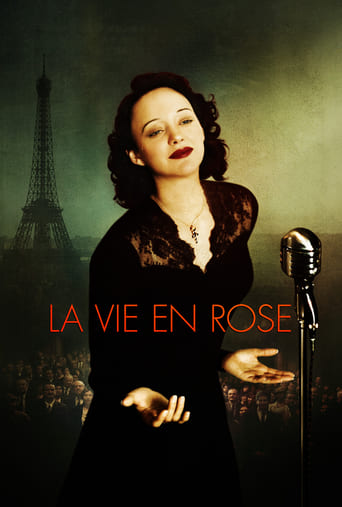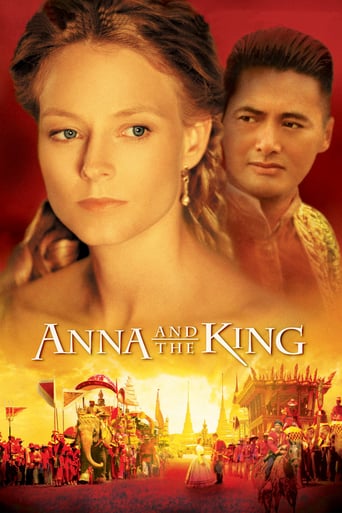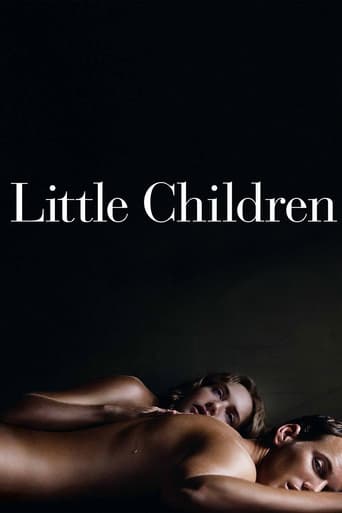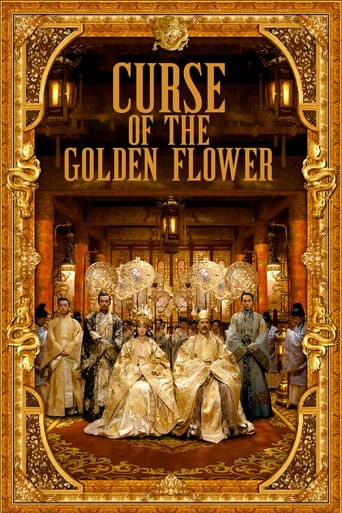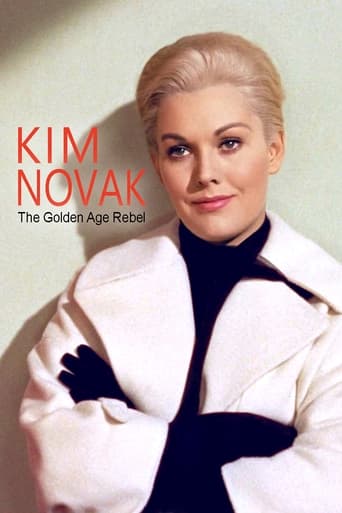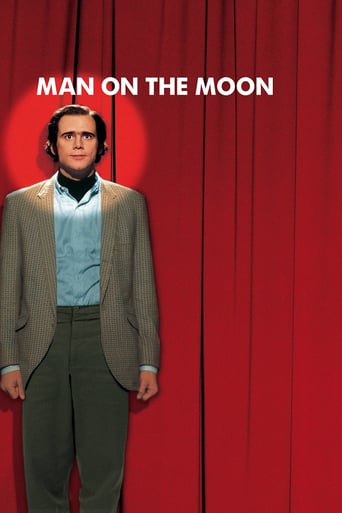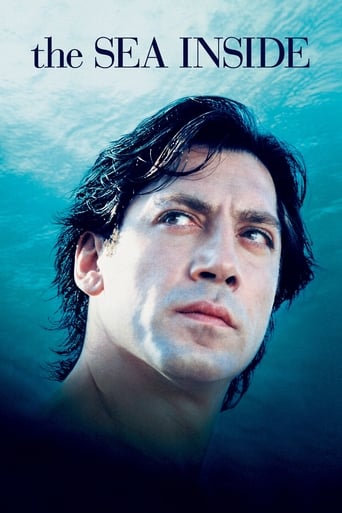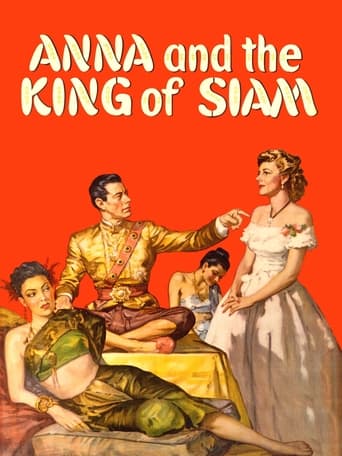
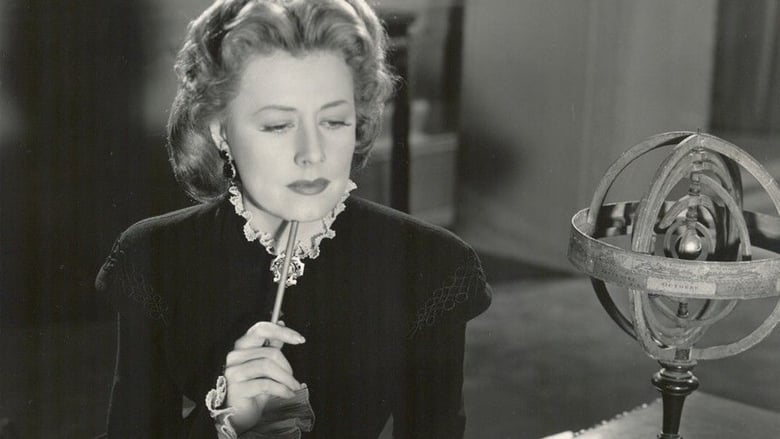
Anna and the King of Siam (1946)
In 1862, a young Englishwoman becomes royal tutor in Siam and befriends the King.
Watch Trailer
Cast


Similar titles
Reviews
This movie is based on a book by Margaret Landon in 1944. "Anna and the King of Siam" was a best-selling novel based on a true story. The story is much more interesting and intriguing than the movie can portray. And the true story within the story is more fascinating yet. So, how much of the movie is fact, and how much fiction? First, the film and then the background. The main characters are real, and played well. I don't hold with those who argue that a person of one race can't play a role of another race. That's part of what theater and acting are about. Sure, it's nice and best if one can find the talent and qualified actors to play various ethnic roles. But it's not necessary. And, I don't nitpick actors who don't look a part, or who's accents aren't perfect – unless they are quite terrible to the point of distraction.Rex Harrison does an excellent job as Mongkut, the king Siam. Lee J. Cobb is very good as Kralahome, his prime minister. He is probably the least believable as Siamese, and that's because his distinct voice, build and persona are so well known. But his acting, and broken English (as one might expect of a Siamese), are very good. Gale Sondergaard is so good in her role as Lady Thiang that she looks and sounds Siamese. Linda Darnell is almost as convincing as Tuptim.Now the background. Margaret Landon was an American missionary who served with her husband in Siam from 1927-1937. She taught here three children along with Siamese in a mission school in Trang. She studied and read all about the country. She learned about Anna Leonowens who had been a governess to the Siamese royal family in the 19th century. After Landon's family returned to the U.S. in 1937, she wrote the book about Anna. It was a best-seller in 1944, and 20th Century Fox made this movie in 1946. A decade later, her book also would become the source for the Fox musical, "The King and I." But how much of the book is true? And how much is the film true to the book, and the real life story? I didn't read the book so I can't comment on it. Another book about Anna came out in 2008 that gave a somewhat different background. "Bombay Anna" was written by Susan Morgan. It claims to tell "the real story and the remarkable adventures of the 'King and I' governess." A New York Times review of that book on Oct. 20, 2008, called Anna Leonowens a con woman. "On disembarking in Singapore as a young widow in 1859, this gifted con woman subtracted three years from her age, relocated her birthplace from Bombay to Wales, forgot her mother's Indian parentage, promoted her father from private to major and changed her husband from a clerk to an army officer." Leonowens was educated and knew languages – Hindi, Marathi, Persian and Sanskrit, and she could mimic a genteel English accent. She was Anglo-Indian and born Nov 6, 1831, in India. In 1849, she married an Irish clerk, Thomas Leon Owens. The two surnames later were merged. The couple spent several years in Australia where a daughter and son were born. First was Avis in 1854, and then Louis in 1856. In 1859, Thomas died of a stroke in Malaysia where he managed a hotel. Then Anna moved with here children to Singapore, where she revised her background to fit in among the expatriate British colony there.King Mongkut of Siam was born in 1804. He became a Buddhist monk and read and studied much. He helped establish a monastery that became the intellectual center of Siam. Mongkut became king in 1851 and reigned until his death in 1868. In 1861, he asked his agent in Singapore to find an English governess for his children. Leonowens got the job and arrived in Bangkok in 1862. She sent daughter Avis to England to school and taught Thomas along with the royal household. She later sent Thomas to England to finish his schooling, and after five years she left Siam for the United Sates. She later moved to Montreal, Canada, to be near her daughter, and she died there in 1915 at age 84.So, how much of the movie is true to history? Well, Anna didn't stay into old age when the king died. He was older than she and he died in 1868. In the U.S. she wrote her memoirs and was successful as a teacher and traveling on the lecture circuit. Her son, Louis, did not die from an accident in Siam. Mongkut did write to a U.S. president and offer elephants. But it wasn't Abraham Lincoln, it was James Buchanan (1857-1861), and it was before Anna arrived in Bangkok. Mongkut was a progressive leader who ensured liberal education for his sons. After his death, they began many of his reforms. There is much more about Siam, Mongkut, Anna and others that room doesn't allow to tell here.In one scene, Mongkut has summoned Anna in the middle of the night. He questions the Bible story of creation. Anna says "Your majesty, the Bible was not written by men of science. It was written by men of faith. It was their explanation of the miracle of creation, which is just as great a miracle whether it took six days or many centuries. I think science does not contradict the Bible. It has only made us more aware of how great the miracle was."
"Anna and the King of Siam" 1946 is the first big screen adaptation to borrow from the personal journals and public account of British school teacher, Anna Leonowens and her experiences in the far East. After the death of her beloved husband, Anna (Irene Dunne) departed England in 1862 with her young son in tow to become the educator of the King of Siam's many children. However, upon arrival, Anna discovers that King Mongkut (Rex Harrison) is very much a renaissance man trapped in heritage thinking. He refuses to acknowledge Anna's request for a house, expects that she will bow and grovel as his servant, and demands, above all else that the protocol of suppliant be strictly observed. The headstrong Anna, of course, disagrees. And although their initial meeting is marred by a considerable clash of wills, eventually the two begin to recognize a genuine affection and respect for one another. He, in marvel of her forthright nature in the face of his wielding totalitarianism, realizes his way may not always be right. She, in absence of having a man to love, discovers a fallible side beneath the king's rather gruff façade. Together these two launch a formidable quest to bring western culture and change to the seemingly backward status of Siam. However, the revolution will neither be easy nor straight forward.Director, John Cromwell does his very best to ensure an integrity in what are essentially cardboard caricatures of people who perhaps defy any three-dimensional understanding. In point of fact, Anna Leonowens probably overestimated her influence on the country and its monarch in her journals. Hence, the whole tale is thrown off balance by a very traditionalist and imperialist perspective that reduces Mongkut to parody from the start. As a Siamese king, Rex Harrison is hardly ideally cast yet he manages to make much of the shortcoming, transforming what might otherwise have been a very dismal characterization into a challenging bit of reflection. Irene Dunne is an effervescent Anna though in her, one sees perhaps too much of the screwball heiress a la Cary Grant in "The Awful Truth" and less of the stalwart schoolmarm that was, in fact, the real Anna Leonowens.Fox's Studio Line transfer on "Anna and The King of Siam" is impressive, if flawed. Though dirt, scratches and grain are kept to a bare minimum, there are still occasions riddled throughout, where the gray scale falters. Blacks are sometimes black, sometimes deep gray. Whites can be clean, but most often appear slightly speckled. Contrast levels vary throughout. There's some speculation as to whether dupe negatives were used for certain scenes. There is a genuine loss of fine details in certain scenes. The audio is mono but nicely balanced. The only extras are an audio commentary and a Biography Special on the real Anna Leonowens.
Too many people who have seen "the King and I" before viewing this film have unjustly compared it unfavorably to the musical. You can't compare Sir Rex and Mr. Brynner as the King. the performances are so different. Harrison gives a wonderfully cruel yet compassionate performance. he is a slyer, more intellectual Monkut than Brynner was. His scenes with Irene Dunne bubble with chemistry. Dunne is every inch the Anna that Deborah Kerr was and gets a scene that was removed from the remake. The performance she gives after the death of her son was stunning!I recommend this film over the musical for sheer consistency of style. Sir Rex and Ms. Dunne are wonderful together and the entire film its a gem fro start to finish.
At times pleasant, but mostly so-so version of the true exploits of English governess Margaret Langdon. There are many positives; perfect costuming and art direction, which the latter was awarded an Oscar. Cinematography also won the top honor and is quite lavish and well timed. As for the performances; Harrison's king doesn't have the grace, timing and presence of Yul Brynner's later screen king. While Dunne is a fine actress, she seems too warped into the melodramatic, while missing the lightness of the character and of the relationship she shares with the king. She has moments where she is quite close to having her down, but she holds herself back. The problems with the film are not major and it is quite lovely to look at. Sumptuous sets and exceptional photography carry us through, though director Cromwell suffered from the same problems as Dunne; the film lacked a sense of fun and light heartedness. This is not a horrible film, but it's taken a bit too seriously.


